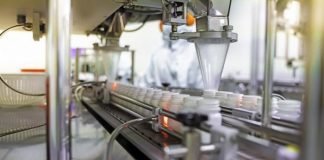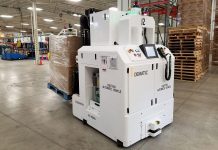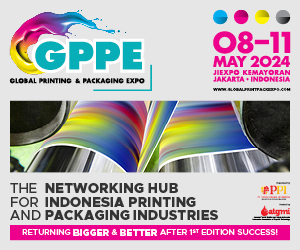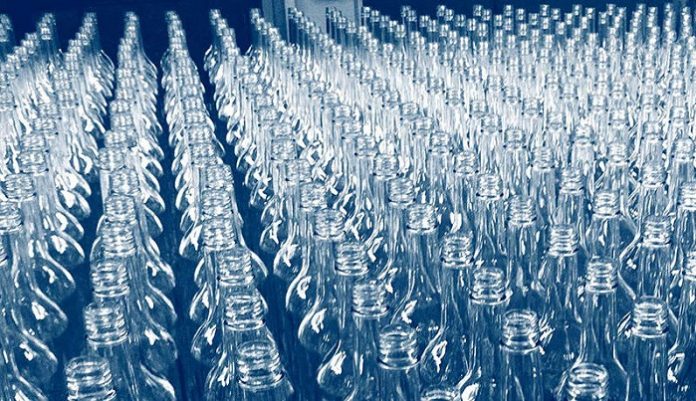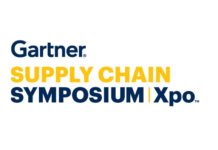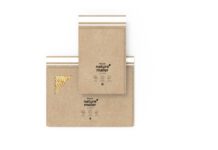COVID-19 has created a growing necessity for industries in the F&B sector to focus more on hygiene and sanitisation and given the current situation, people, nowadays, are opting for a healthy and sustainable lifestyle.
Demand for glass packaging in F&B industry hots up as players focus on hygiene, sanitation, and environment
As most of the products in the F&B sector are included in essential services, it becomes crucial for the packaging sector to follow conservative practices.
While we have let plastic invade our lives, because of the convenience it brings us, there is a whole laundry list of toxic chemicals that leach into our environment due to the manufacture and the careless disposal of plastics.
Even if recycling can help alleviate some of the environmental problems, the best way to protect the earth from plastics is to replace them with more eco-friendly alternatives like glass.
It’s time to make that change. Glass can be recycled multiple times, so it doesn’t have to end up in landfills. It is cost-effective, considering its durability and recyclability. Manufacturers in the glass industry are more focused on environmental containers that will drive the demand for more recyclable products.
As it is, the global packaging industry is witnessing a significant transformation over the last few decades. Today, packaging plays a far more complex role than just making containers for products during the processes of logistics, sales and end-use.
It is now also an essential element in terms of product design, branding, marketing and user experience. As the global demand for packaging continues to grow and diversify, the packaging industry is likely to be more heavily influenced by consumer preferences, industry dynamics, environmental concerns and developments in technology and manufacturing equipment.
Glass manufacturers are leveraging technology to provide an environment-friendly ecosystem to create innovative products that will help meet the already existing demand more efficiently.
Some of them include:
– Strengthening glass containers through a new tempering method
– Creating lightweight containers in different geometric shapes
– Using newer technologies like single-stage forming to produce thinner but stronger glass containers
– Developing a coating on the surface of the glass to avoid strength loss
– Creating heat-resistant pyrex glass
The glass industry faces a major share of its challenges in attaining its goals; however, the technological advancements in this sector are helping manufacturers stay ahead of the game. Pre-emptive R&D will lead to the development of new opportunities and energy-efficient production strategies. Some examples include:
– Smart glass bottles and containers whose colour changes depending on the liquid temperature (medicines, wines, perishable products, etc.)
– An interactive drinking glass, which refills automatically or stops refilling when not required.
– Photovoltaic sunroofs replace regular car sunroofs by including solar PV cells to recharge the vehicle’s battery in electric cars.
– Glass mirrors that will help assess the health condition of the person standing in front of it.
Beverage Industry to Hold the Highest Market Share
The market for glass packaging in the alcoholic beverage industry is facing intense competition from the metal packaging segment, in the form of cans. However, it is expected to maintain its share due to its use in premium products.
The growth is expected to be witnessed across different beverage products, like juices, coffee, tea, soups, non-dairy beverages and others. Among alcoholic beverages, beer witnessed tremendous growth in the past few years.
The majority of beer volume is sold in glass bottles and is driving the need for increased production rates in the glass packaging industry. The increasing demand for premium variants in alcoholic drinks is driving the growth of glass bottles.
Developing nations, like India, are also showing a preference for premium beer. Returnable glass bottles are a cost-effective option for companies to deliver their products. This form of packaging is largely used in the non-alcoholic beverage industry. Currently, about 70 percent of the bottles used for natural mineral water is made of plastic. The choice for bottled-water packaging material is increasingly taking into account environmental considerations.



